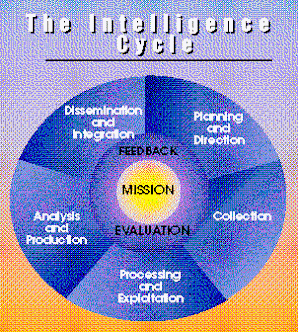55 Trends Now Shaping the Future of Terrorism
This report examines the future of international terrorism. In this effort, it has been assisted by more than fifty of the world’s premier authorities in the fields of antiterrorism, intelligence, security, and policing. This expert panel included members of the intelligence community, specialists from the U.S. government and military, security consultants, think tank staffers, forecasters, university professors, and local police officials. Most came from the United States, but Australia, Canada, Ireland, New Zealand, Russia, and Switzerland also were represented.
Key findings from the panel of experts include:
- International terrorism will grow as veterans of the Iraq War return to their native lands, train sympathizers in the tactics of terror, and spread out across the world.
- Among the Western lands, Britain and France (owing to their large Muslim populations) and the United States will be at the greatest risk of attack, in that order. Further attacks on the scale of 9/11 are to be expected in all three countries over the range of five to ten years.
- These attacks will combine mass bloodshed and economic impact.
- Technology is likely to change the nature of terrorism as well. Like their government adversaries, terrorists may adopt computer simulations to train recruits in tactics, strategy, and technology.
New technologies will continue to change antiterrorism. Most will be in their early stages of development five years from now, but will advance rapidly over the following decade. These include:
- Tiny sensors that can be scattered to detect explosives or biological warfare agents in potential target areas
- Conversion software that allows investigators to use incompatible databases seamlessly
- Artificial Intelligence, expert systems, and data mining software that can recognize patterns in intelligence derived from different sources and warn of a terrorist event in preparation
- Software that can recognize suspicious activities viewed by networks of surveillance cameras
- Facial recognition software, which already is being integrated with passive video surveillance systems to identify wanted subjects in a crowd
- Computerized training for antiterrorism operations similar to the military’s Battlefield 2 “game” simulator
To read the complete report, please click here.


0 comments:
Post a Comment